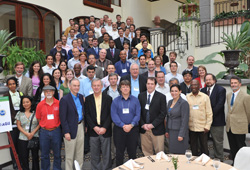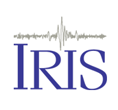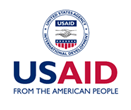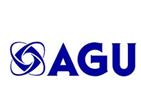October 24-28, 2010, Heredia, Costa Rica

Recent seismic events in the Caribbean and their tragic devastating consequences highlighted the significance of enhancing geophysical understanding of the region and of effectively translating this knowledge into products informing decisions that improve societal resilience to seismic hazards.
This three-day workshop brought together seismologists and other geophysicists from Central America, Mexico, the Caribbean and the United States to plan and coordinate initiatives that will contribute to geophysical research and hazard mitigation in the region through international collaboration. Given the societal significance of the subject matter, in addition to participating scientists this workshop included the attendance of stakeholders from the public, private and development sectors.
Workshop Outcomes
The goals of the workshop were to address key scientific issues that derive from the unique tectonic environment of the region, to identify concrete steps for strengthening the regional infrastructure and academic community to facilitate seismological research, and to initiate efforts toward generating products with immediate regional societal benefits.
Organizing Committee
- Karen Fischer, Brown University, U.S.A.
- Jay Pulliam, Baylor University, U.S.A.
- Marino Protti, Universidad Nacional, Costa Rica
- Mauricio Mora, Universidad de Costa Rica
- Victor Huerfano, Puerto Rico Seismic Network, Puerto Rico
- Christa von Hillebrandt-Andrade, Caribbean Tsunami Center, University of Puerto Rico at Mayagüez
- Richard Robertson, University of the West Indies, Trinidad and Tobago
- Gerardo Suarez, Universidad Nacional Autonoma de Mexico, Mexico
- Dan McNamara, U.S. Geological Survey, U.S.A.
- Art Lerner-Lam, Lamont-Doherty Earth Observatory, Columbia University, U.S.A.
- Raymond Willemann, Incorporated Research Institutions for Seismology, U.S.A.
- Olga Cabello, Incorporated Research Institutions for Seismology, U.S.A.





